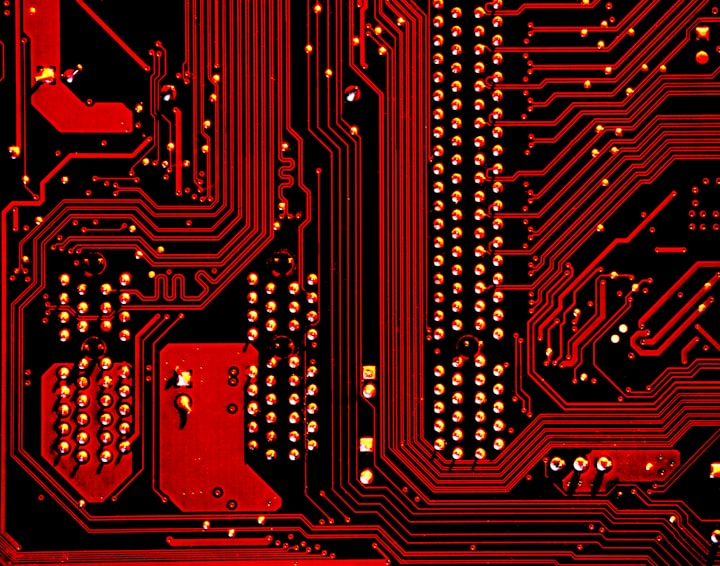
Artificial Intelligence (AI) has emerged as a transformative force, revolutionizing various industries and reshaping our world. While its advancements bring exciting possibilities, there is growing concern about the impact of AI on jobs and the future of work. In this blog, we delve into the potential dangers and complexities surrounding AI and its implications for employment.
Understanding the AI Revolution:
We explore the fundamental concepts of AI, including machine learning, deep learning, and automation. By understanding the capabilities of AI systems, we gain insight into their potential impact on the job market.
The Changing Work Landscape:
We analyze how AI is already transforming industries, automating repetitive tasks, and augmenting human capabilities. We highlight sectors most susceptible to disruption and discuss the implications for both high-skill and low-skill jobs.
AI's Impact on Employment:
Drawing from research and expert opinions, we examine the potential consequences of widespread AI adoption. We delve into job displacement, skills mismatch, and the unequal distribution of AI's benefits, shedding light on the challenges faced by individuals and communities.
Embracing AI for Job Creation:
Contrary to popular belief, we explore how AI can also be a catalyst for job creation. We showcase examples of how AI is driving innovation, creating new roles, and fostering entrepreneurship, offering potential avenues for job growth in the AI era.
Reskilling and Upskilling:
To mitigate the potential negative effects of AI on jobs, we delve into the importance of reskilling and upskilling the workforce. We explore programs and initiatives that equip individuals with the skills needed to thrive in a technology-driven world.
Ethical Considerations:
We address the ethical dimensions of AI's impact on jobs, discussing issues like algorithmic bias, privacy concerns, and the responsibility of governments and organizations in ensuring equitable outcomes.
Government Policies and Regulations:
We delve into the role of governments in addressing the impact of AI on jobs. We examine existing policies and regulations, discussing their effectiveness in ensuring a smooth transition and protecting workers' rights. We also explore potential policy frameworks that could promote job stability and foster a sustainable AI-driven economy.
The Human-Machine Collaboration:
Highlighting the importance of a human-centric approach, we explore the concept of human-machine collaboration. We discuss how AI can augment human capabilities, enabling workers to focus on tasks that require creativity, empathy, and critical thinking, fostering a more fulfilling and productive work environment.
The Importance of Lifelong Learning:
In the era of AI, we emphasize the need for lifelong learning. We discuss the importance of continuous education and professional development, encouraging individuals to embrace a growth mindset and acquire new skills that remain in-demand in the evolving job market.
Global Perspectives on AI and Jobs:
We broaden the discussion by examining international perspectives on AI and its impact on jobs. We explore case studies from different countries, analyzing their approaches to mitigate job displacement and ensure a smooth transition, providing a comprehensive view of global efforts and best practices.
Building a Future-Ready Workforce:
We conclude by providing actionable insights and recommendations for individuals, organizations, and policymakers. We discuss strategies for individuals to adapt to the changing job landscape, suggest ways for organizations to embrace AI responsibly, and offer policy recommendations to ensure a fair and inclusive future of work.
As AI continues to advance, it is crucial to have informed discussions and proactive strategies in place to navigate the potential disruptions to the job market. By embracing AI responsibly, investing in education, and fostering a culture of adaptability, we can shape a future where humans and machines collaborate harmoniously, creating new opportunities and redefining work in the age of artificial intelligence.
About the Creator
TechVerse
TechVerse: Unleashing the Power of Tech. Stay connected to the latest trends, gadgets, and breakthroughs. Explore the world of computers, electronics, and technology with insightful articles and expert tips.






Comments
There are no comments for this story
Be the first to respond and start the conversation.